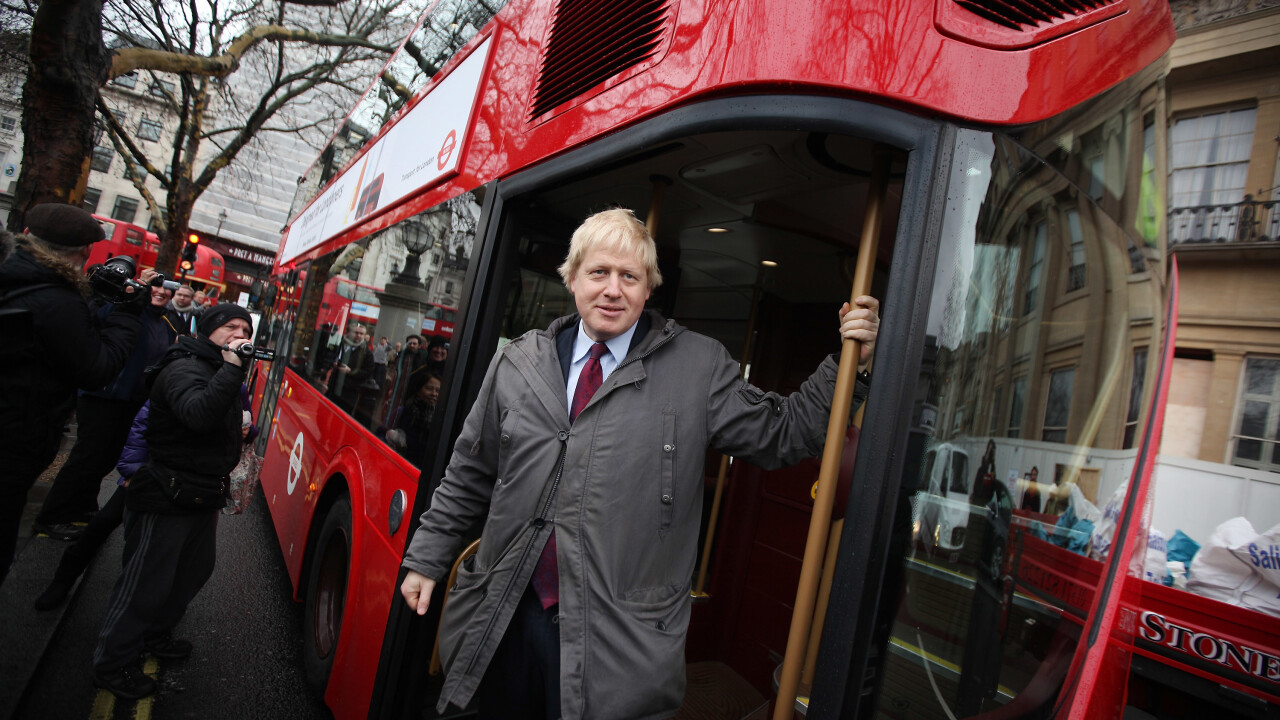
Starting this summer, you’ll no longer be able to pay for a bus ticket with cash in London. It’s a bold move that means passengers will only be able to complete their journey with an Oyster and contactless payment card, prepaid or concessionary ticket.
Transport for London (TfL) proposed the changes last year and launched a public consultation in August. Of the 37,000 respondents, only a third supported the decision – although the government remains undeterred. Furthermore, TfL says 99 percent of bus passengers won’t be affected by the abolition of cash fares.
“The decision to stop accepting cash fares on London buses reflects the changing way that people pay for goods and services in our city, including journeys on the bus network,” said Leon Daniels, Managing Director for TfL’s Surface Transport.
To make the transition as smooth as possible, TfL will be introducing a new ‘one more journey’ scheme which means that passengers can board a bus when they have less than the price of a single ticket fare. On paper, it sounds similar to the current implementation on the London Underground, which means you can always exit the tube, DLR or overground – even if you have a negative balance.
The operator will also set up a review of the current Oyster Ticket Shop network, to ensure everyone has access to an Oyster card, and create a new campaign to raise awareness for cashless payment methods.
The decision to stop accepting cash is certainly notable, but we doubt it’ll cause too much of a fuss after the initial roll-out. In my experience, most people use Oyster cards now – and avoiding that awkward moment where you root around in your pocket for change will no doubt be welcomed by all.
Image Credit: Peter Macdiarmid/Getty Images
Get the TNW newsletter
Get the most important tech news in your inbox each week.




